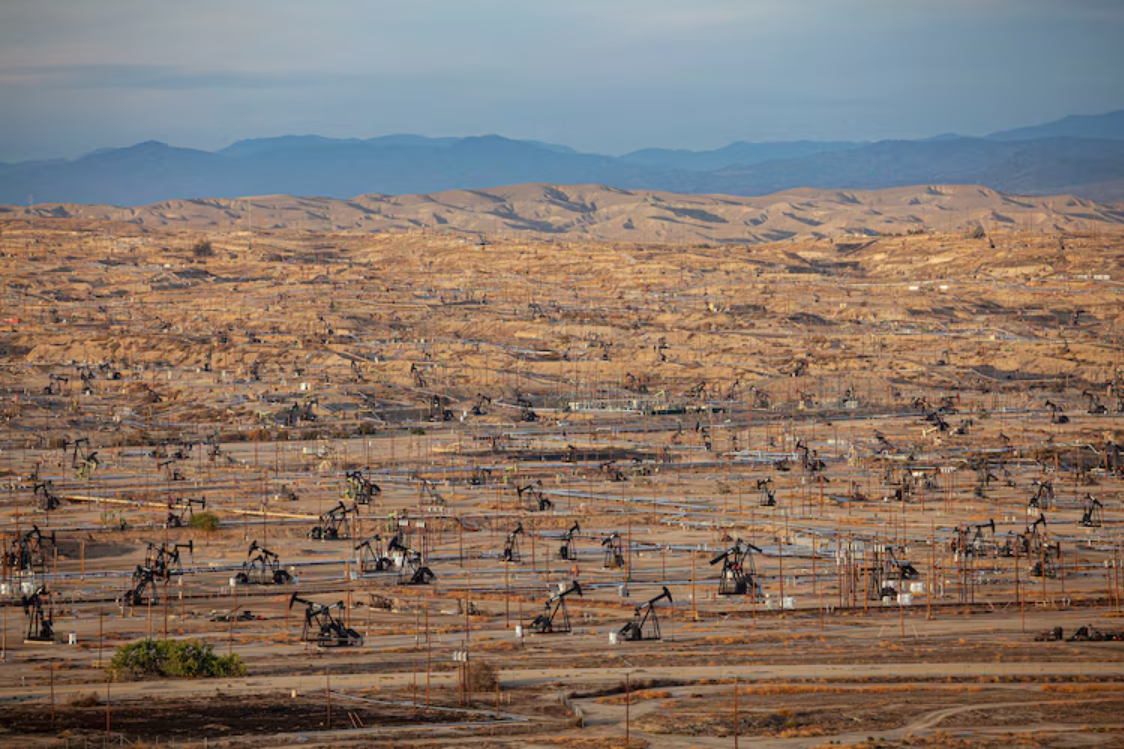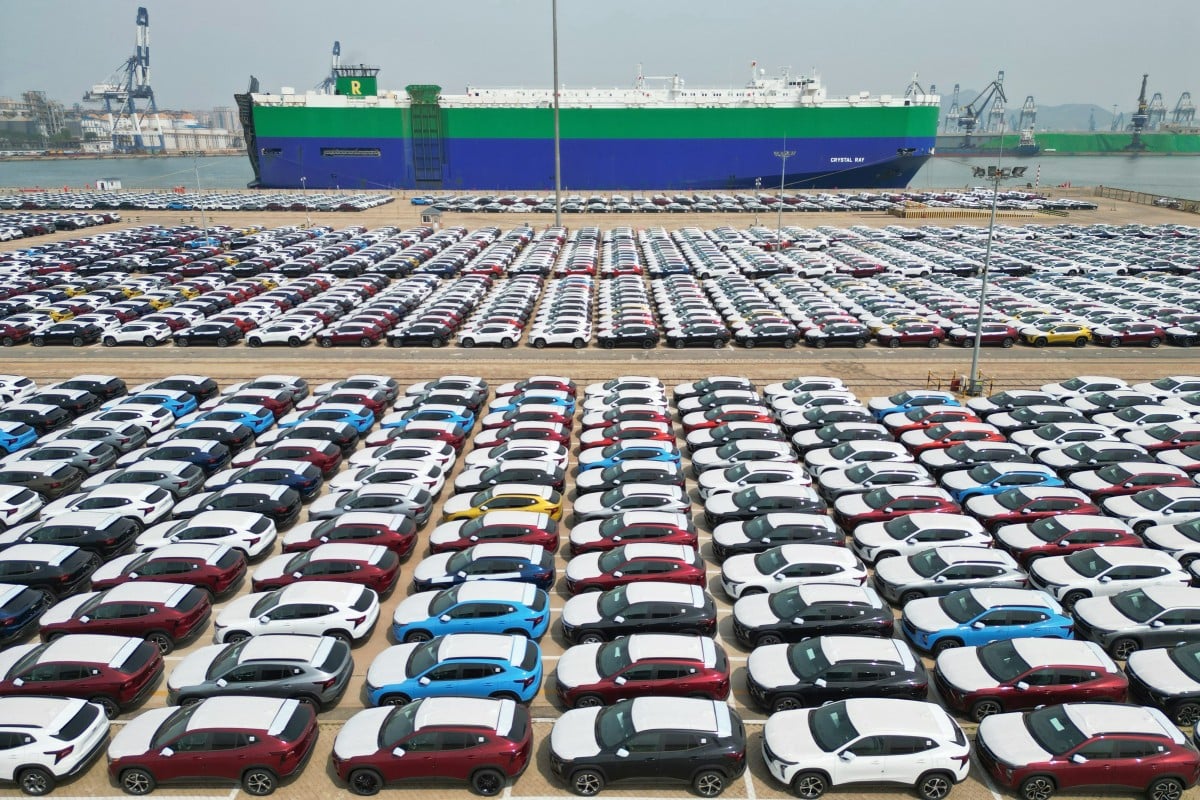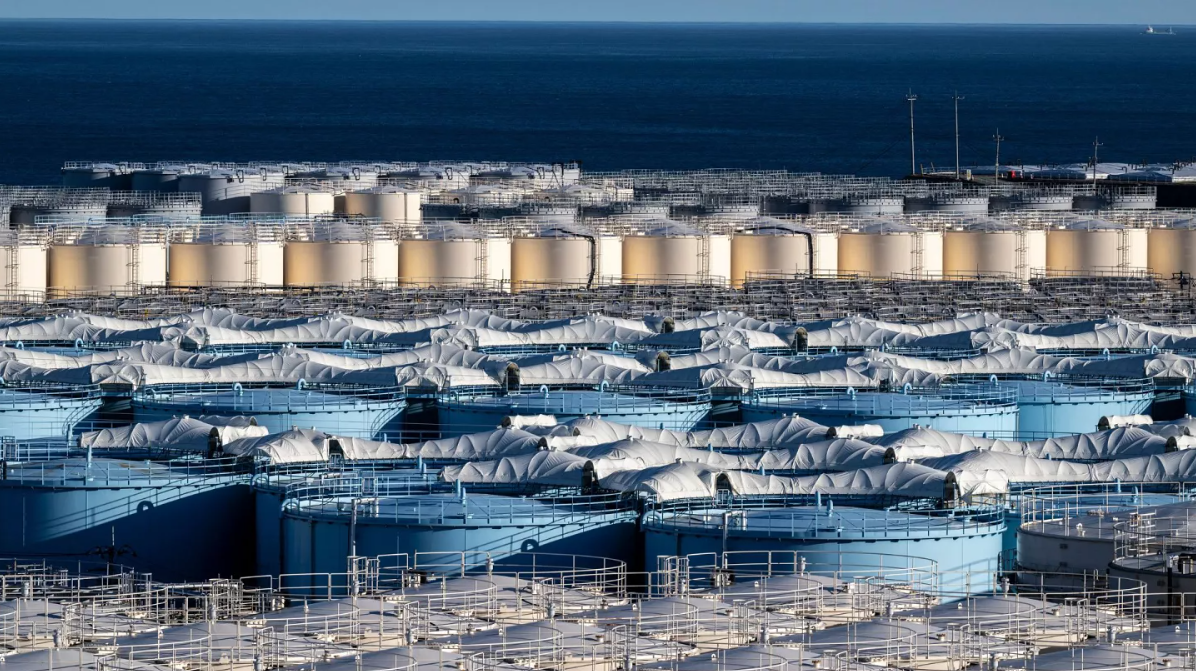
Jianyin Roachell, Transatlantic Digital Debate Fellow and Research Associate at Max Planck Institute of Geoanthropology
Mar 14, 2025
The fossil fuel industry has been a centerpiece of the Republican agenda for most of the modern era, but with the world moving faster than ever toward clean energy, no amount of U.S. strong-arming may be able to stem the tide.
Taylah Bland , Senior Program Officer for the China Climate Hub, Asia Society Policy Institute
Dec 31, 2024
As the impacts of climate change intensify, the U.S. and China must shift focus to adaptation, with opportunities for cooperation through subnational partnerships and a competitive model to assist vulnerable nations. This approach offers a path forward for both countries to lead global efforts in climate action.
Tang Xinhua, Associate Researcher, Tsinghua University’s Institute of International Relations
Dec 23, 2024
As 2025 approaches, the global climate crisis is set to intensify, and the global climate governance process may enter a period of hardship and turmoil. In the face of new challenges, developing countries must unite to protect our shared planet.
Sebastian Contin Trillo-Figueroa, Geopolitics Analyst in EU-Asia Relations and AsiaGlobal Fellow, The University of Hong Kong
May 07, 2024
The EU’s latest moves in the green technology sector may inadvertently strain China-EU relations, potentially impeding progress toward mutual environmental objectives and causing detriment to both parties.

Brian Wong, Assistant Professor in Philosophy and Fellow at Centre on Contemporary China and the World, HKU and Rhodes Scholar
Sebastian Contin Trillo-Figueroa, Geopolitics Analyst in EU-Asia Relations and AsiaGlobal Fellow, The University of Hong Kong
Dec 09, 2023
The global electric vehicle industry, dominated by China's rapid growth, has intensified competition, prompting the EU to investigate Chinese EVs and risking strained Sino-EU trade ties. The EU must balance climate aspirations and domestic interests while bolstering its EV industry for a sustainable and competitive future.

Li Yan, Director of President's Office, China Institutes of Contemporary International Relations
Jul 24, 2023
A recent IAEA report says that Japan’s plan to dump radioactive wastewater from the Fukushima nuclear power plant into the Pacific Ocean meets safety standards. Not everyone is so glib. In navigating the controversy, China can play a positive role.
Karen Mancl, Professor Emerita of Food, Agricultural & Biological Engineering, The Ohio State University, and Fellow, Woodrow Wilson Center for International Scholars
Jun 02, 2022
The advent of plastic mulch has electrified agricultural output globally, with China leading the way in its application. Sadly, plastic fragments are now heavily polluting China’s agricultural soils. New regulations within the 14th five-year plan set out to greatly restrict the use of the ultra-thin plastic and protect China’s soil.
Karen Mancl, Professor Emerita of Food, Agricultural & Biological Engineering, The Ohio State University, and Fellow, Woodrow Wilson Center for International Scholars
Oct 07, 2021
In 2019, U.S. Customs seized 3400 pounds of invasive Chinese mitten crabs at the Cincinnati, Ohio airport. The mitten crab threatens commercial fishing and biodiversity and is listed on the top 100 worst invader list. China is hosting the 15th meeting of the Convention on Biodiversity and is in a position to show leadership in protecting aquatic environments.
He Yafei, Former Vice Minister of Foreign Affairs
Jun 30, 2021
Cooperation on this important issue will pave the way for joint efforts to overcome other global challenges. The wholehearted cooperation of China and the United States is essential for the success of any effort to solve global challenges. It is time for concerted action, not squabbling.